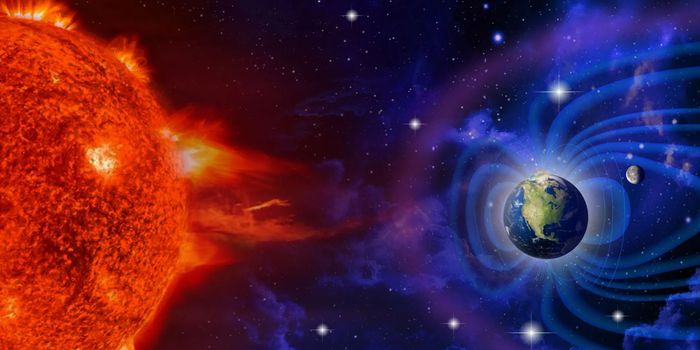The heat wave that's clobbering the world
Have you seen the running toll of the heat crisis? Seventy deaths in Quebec from heat; 8 dead from CA wildfires; Pakistan heat wave kills 65; South Korea heat waves kills 29; 91 deaths in Greece from fires; thousands hospitalized and 199 dead from Japan’s record heat; Sweden forest fires reach the Arctic circle; Northeast US on heat watch in both July and August; the UK and Europe suffers from heat wave and drought; and to top it all off: Banak, Norway, which sits over 350 miles into the Arctic circle, reached 90 degrees.
Now, those are just the highlights. Climate change is amidst us, and whether the federal government agrees or not, we are feeling the heat. Cited as one of the most direct effects of climate change, extreme heats waves are impossible to ignore and for a lot of us, they are certainly more in-your-face than dying polar bears or sinking islands.
Perhaps most noteworthy of all of this heat crisis debacle is the geographic expanse that heat and drought and fires are covering. While wildfires have been raging for months now in the Western US, they have also been raging in Greece and the Arctic circle. While the US Northeast has been experiencing extreme heat waves, meteorologists are predicting that continental Europe’s highest temperature record– 48C in Athens in 1977 – will be surpassed this summer. Three people have already died from heatstroke in Spain and the Portuguese weather agency said that about a third of the country’s meteorological stations broke temperature records on Saturday, with the highest reaching 46.4C in Alvega. All the while, Japan and South Korea are baking in the heat as well and Sweden has been so hot that it’s highest peak, Kebnekaise mountain, has melted and lost its title.
Thanks to improved technology, scientists are now able to use historical data and current information from weather stations to determine in real time how much anthropogenic climate change is connected to a particular weather event. For example, says Karsten Haustein from the World Weather Attribution Project, "The European heat wave was at least twice as likely to happen because of human intervention. Based on findings in Ireland it was double -- and we know that with very high confidence -- and based on data from all other weather stations it was more than double.” Being able to say this really helps bring the point home to the general public in order to understand how individuals’ actions result in such extreme consequences.









